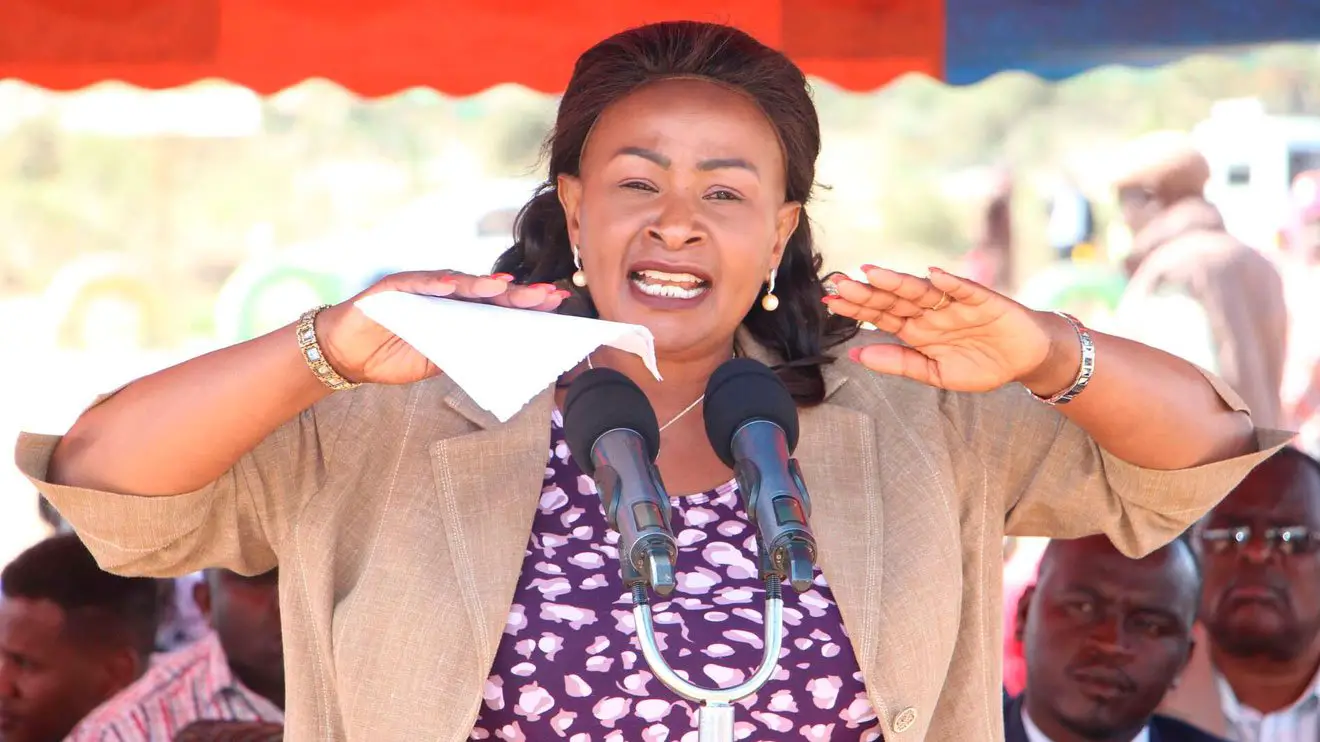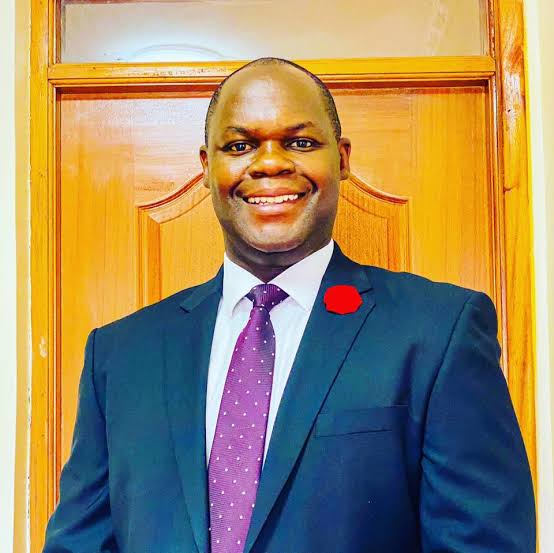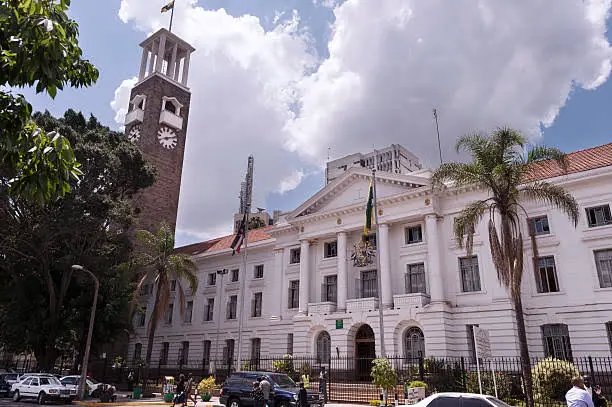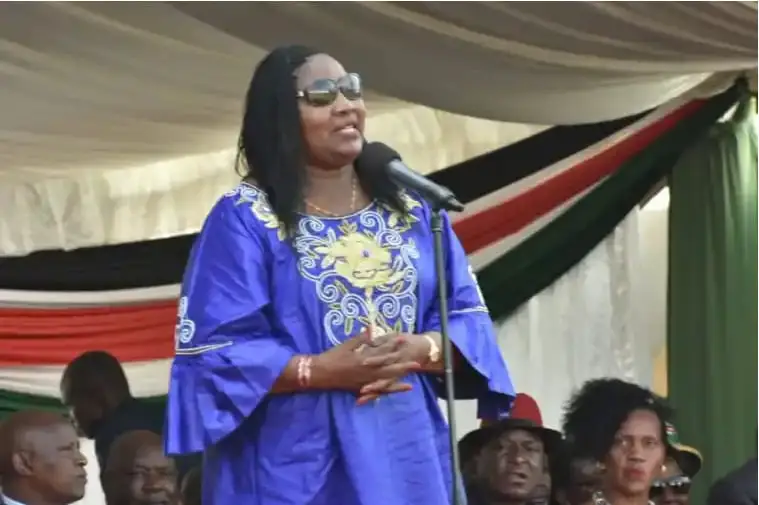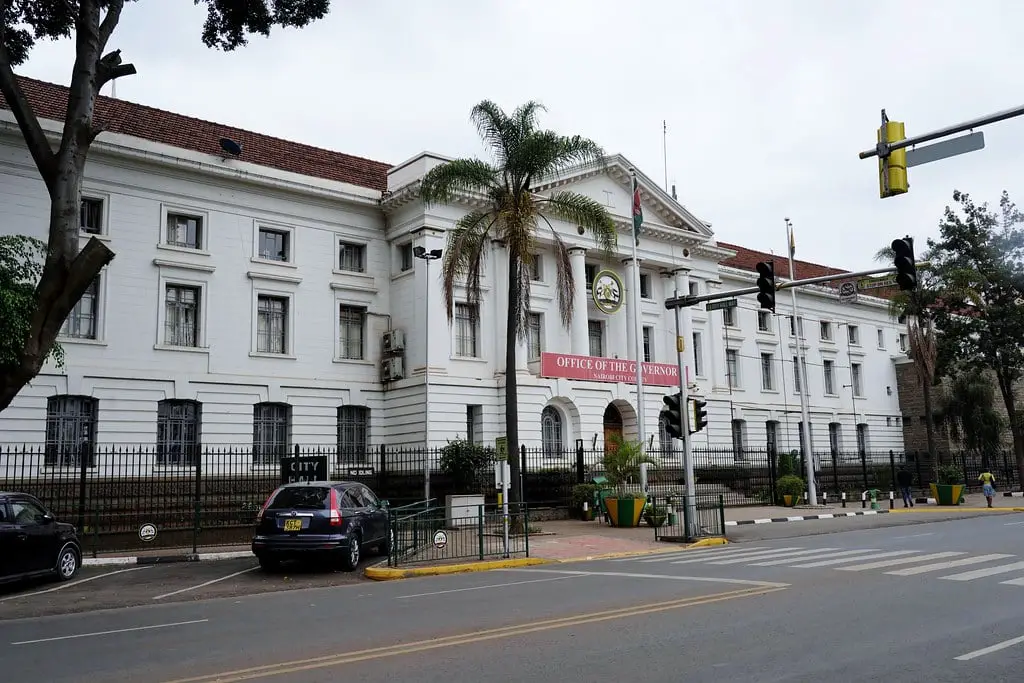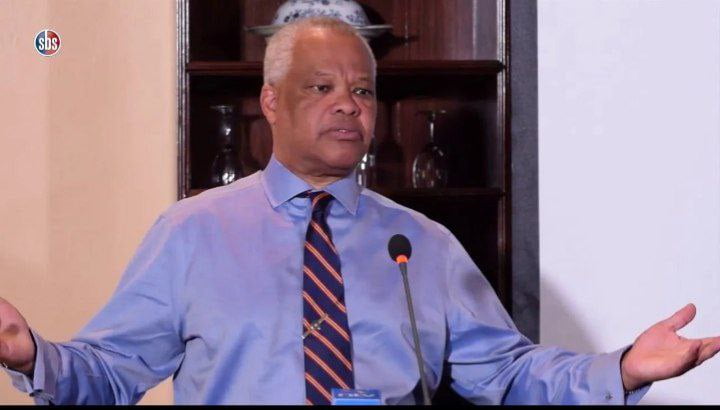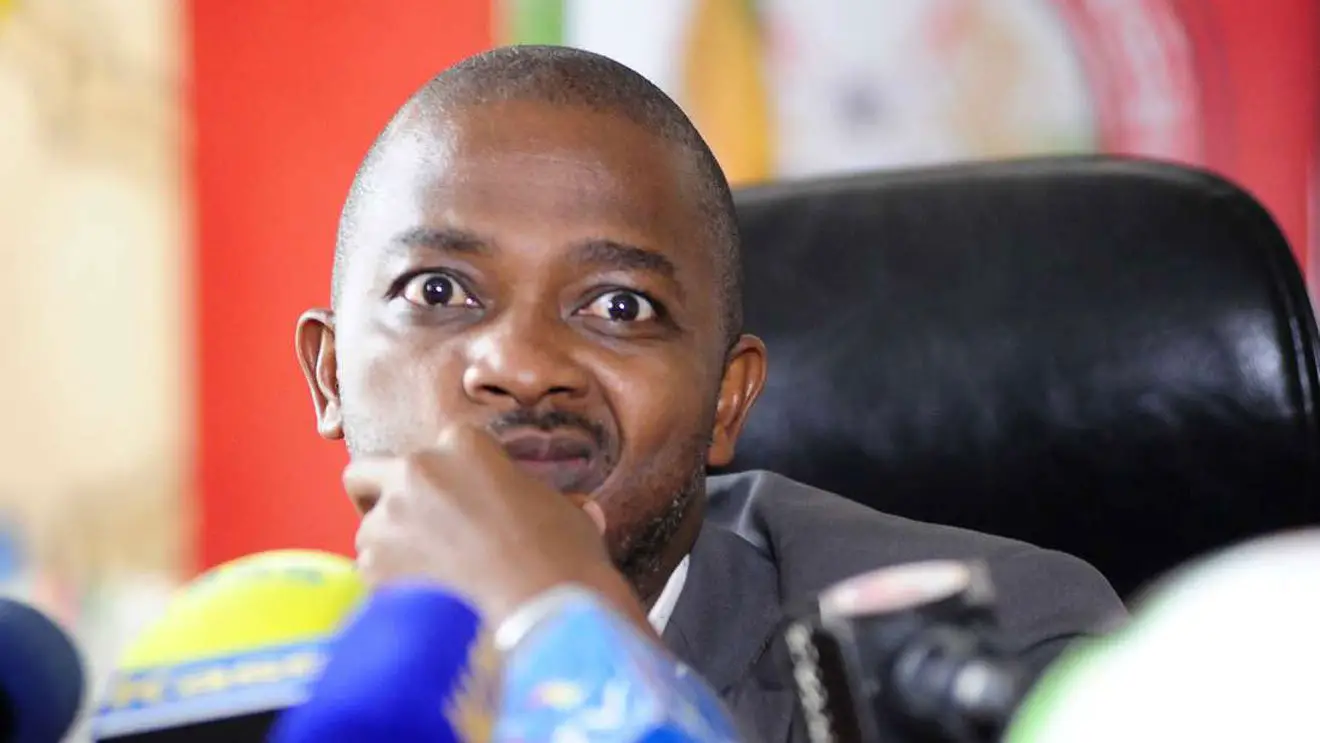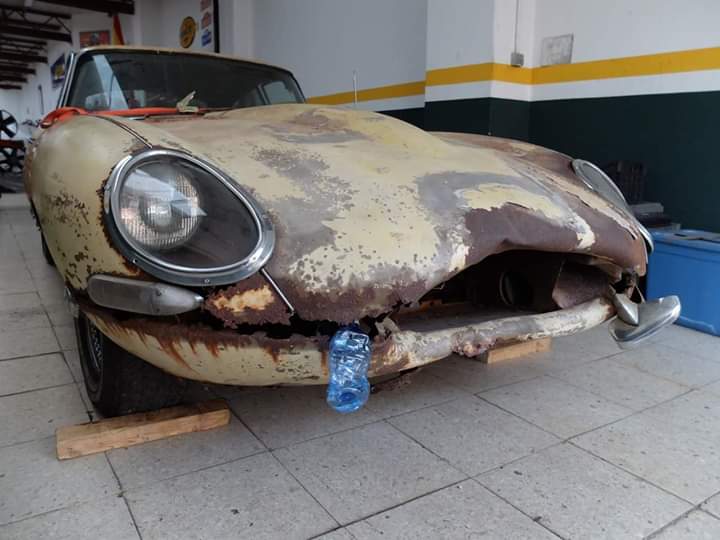[ad_1]
When President Donald Trump publicly claimed earlier this month that he had seen intel showing Iran’s now-deceased top military leader Qassem Soleimani was plotting attacks on “four [American] embassies,” senior officials in Trump’s national-security apparatus shook their heads. They weren’t sure exactly why the president leaned on that particular talking point, and scrambled in the following days to formulate answers to a barrage of questions from the media on manage on exactly what the president had meant. Other officials wondered aloud whether the president had misrepresented the intelligence.
“There were definitely questions [at the time, internally] about whether he had just made it up on the spot,” recalled one White House official.
It turns out Trump—technically—didn’t get his eyebrow-raising claim out of nowhere, The Daily Beast has learned. According to three sources familiar with the matter, the president had simply seized on a small part of what he’d heard in private briefings, exaggerated that aspect of the intelligence, then began sharing the inflated intel to the American public during his post-Soleimani victory lap.
In doing so, President Trump generated yet more confusion and discord among the national-security brass that had already struggled to sell the American people on its case for the strike that just brought Iran and the United States to the precipice of all-out warfare. For weeks the Trump administration had struggled to get on message in talking about why the U.S. decided to strike Soleimani and what it would do in the future to manage any diplomacy with Tehran. Trump’s embassy claim didn’t help, officials said.
The White House did not comment on the record for this story.
Shortly before he began announcing to the media and rally-goers that the Iranian general was planning assaults on multiple U.S. embassies, the president received briefings at the White House from both national-security officials and communications staffers. The purpose of some of these meetings were to prepare Trump on how best to talk to the press regarding his administration’s justifications for killing Soleimani.
The president received a briefing shortly before he entered the Roosevelt Room Jan. 9 and said Iran was “looking to blow up our embassy.”
According to two people familiar with this briefing, Trump was told that following the killing of Soleimani, Iran could retaliate against American assets in the region. The president was again told this in a subsequent briefing that day, one of these sources added. However, embassies were a part of a long list of American outposts and bases potentially under threat from Iran but sources familiar with those internal briefings do not remember the number four ever being specified, and they certainly do not recall any imminent danger to those embassies.
When administration officials briefed Trump, they mentioned possible targets for Iranian retribution; they were not discussing intel on what anyone in the regime was actively plotting against U.S. interests, the sources noted.
However, the moment he heard the word “embassies,” Trump immediately chimed in, interrupting the meeting to grill his briefers on that issue, according to one U.S. official. From there, he began to treat this possible threat as a near-certain danger. Trump received another intelligence briefing shortly before his interview with Fox’s Laura Ingraham Jan. 10 where he repeated the claim that Iran probably would have attacked four embassies.
When the president started publicly trotting out his claims of “four embassies,” national-security aides were dumbfounded. The Washington Post reported earlier this month that Trump’s “four embassies” talking point clashed with intelligence assessments from Trump’s own officials. CNN also reported that security officials at the State Department weren’t even notified of an imminent danger to any specific set of four American embassies.
Secretary of Defense Mark Esper himself admitted during an interview on the CBS Sunday show Face the Nation that while “the president said that he believed that it probably could have been attacks against additional embassies,” Esper personally “didn’t see [a specific piece of evidence] with regard to four embassies.”
Esper added, “What I’m saying is I shared the president’s view that probably, my expectation is they were going to go after our embassies.”
At that point, the U.S. embassy in Baghdad had of course already been stormed by an Iranian-supported militia, but that was prior to Soleimani’s death.
Senior Trump administration officials have canceled several of their past scheduled briefings with Congress on specific threats to U.S. embassies pre-Soleimani strike. Briefers were also supposed to delve into more detail about what exactly U.S. intelligence said prior to the strike. The administration has held two briefings so far with both the House and the Senate, but sessions left lawmakers frustrated and overwhelmingly uninformed.
Secretary of State Mike Pompeo rescheduled his briefing on the embassy threats with the House Foreign Affairs committee for next week.
‘OK, Now What?’: Inside Team Trump’s Scramble to Sell the Soleimani Hit to America
But people close to Trump say his embassy fixation lies in his obsession with avoiding the kind of catastrophes that befell his predecessors Barack Obama and George W. Bush. President Trump, who has long bashed Obama for the 2012 Benghazi attack and Bush for the Hurricane Katrina response, is particularly concerned with opening himself up to accusations of having suffered “Trump’s Benghazi” or “Trump’s Katrina,” according to two sources who’ve spoken to the president about this.
“Multiple times I’ve heard him talk about how you don’t want a Katrina moment,” said a former senior White House official. “You can’t do anything about what weather is going to do, but you can certainly manage the response and the optics of what you’re doing in addition to the substance of what you’re doing.”
With Trump’s shambolic, even scandalous, handling of the response and relief efforts to the hurricanes that hit Puerto Rico, this president seems to have already had his “Katrina.” He is, however, determined not to experience a direct parallel to Benghazi. Indeed, on New Year’s Eve, the president took to Twitter to enthusiastically brand the embassy attack that occurred on his watch “The Anti-Benghazi!”
Got a tip? Send it to The Daily Beast here
Get our top stories in your inbox every day. Sign up now!
Daily Beast Membership: Beast Inside goes deeper on the stories that matter to you. Learn more.
[ad_2]











